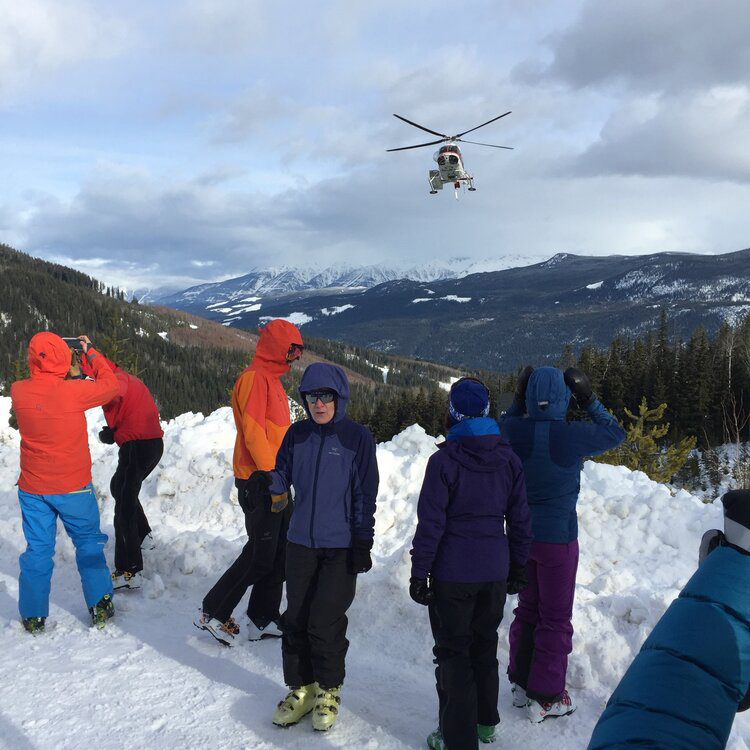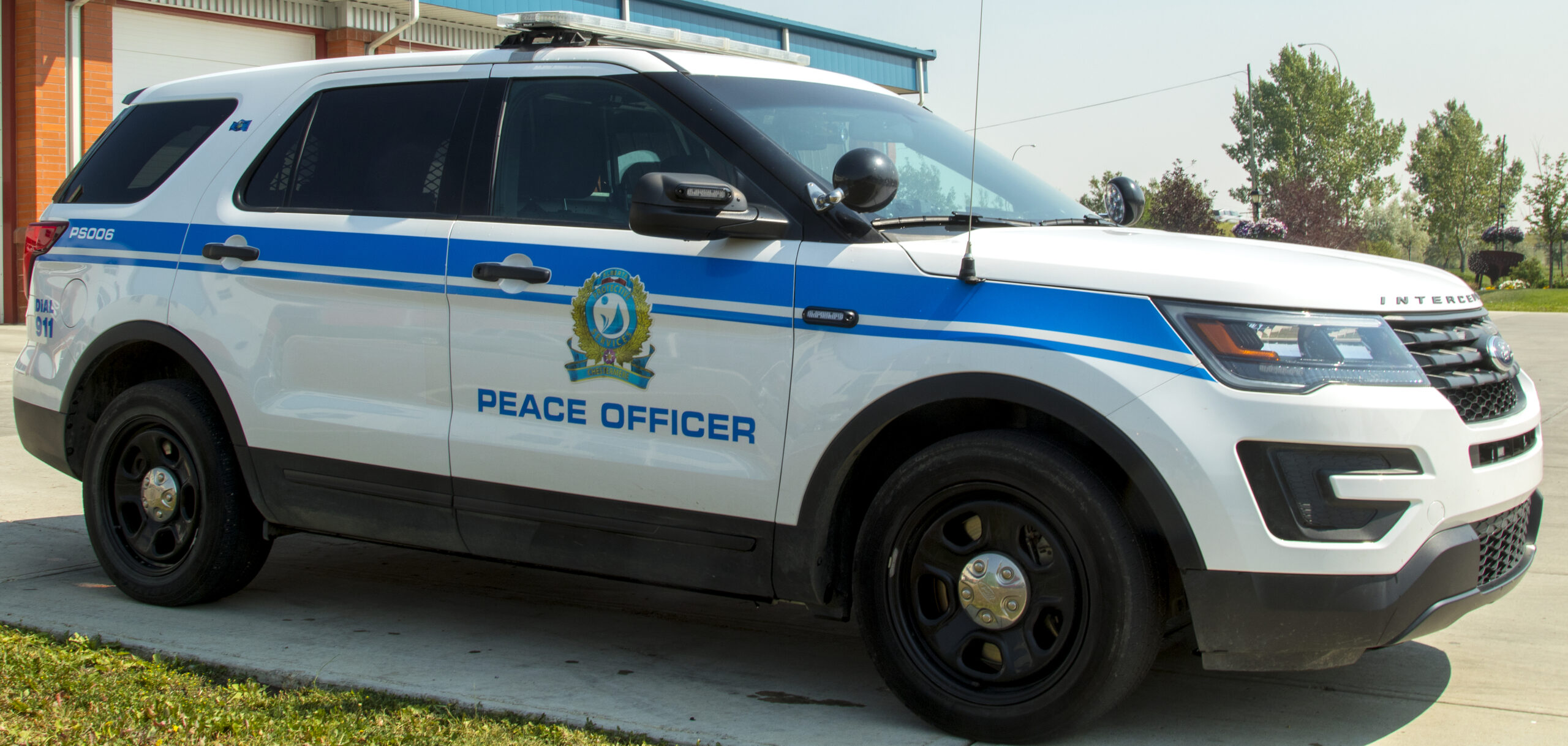A group of Alberta skiers are sharing their story of losing their friend, Doug Churchill, after being caught in an avalanche while on a guided backcountry ski tour in British Columbia (B.C.) to warn Canadians heading into the mountains.
Sheila Churchill, Dave Crompton and Mitch Putnam were part of a group of 10 friends that were buried or partially buried by an avalanche in the Selkirk mountains in 2016 and are helping to keep others safe through a Backcountry Safe initiative and working with the Association for Canadian Mountain Guides (ACMG) as more Canadians are heading into the backcountry.
“The campaign is about us after many years acknowledging where we made mistakes, and not shifting all the blame on the guide,” Sheila said.
“In the avalanche 10 skiers were exposed, which is unheard of, you should never have more than one person exposed to risk at any one time. Five of us were full burials, and five were partial. We had a pretty amazing rescue,” she said.
Nearby helicopters were diverted from heliskiing operations, as the individuals who were partially buried began to dig the full burials out.
“Everybody was unburied within 10 minutes. There were a lot of very serious injuries, some of the physical injuries are ongoing today, some required multiple operations, and my husband died three days after from the injuries he sustained,” Sheila said.
“I was injured, I had two operations, I was in a really bad mental space. It took me a long time to pull myself out of that, and I got to the point in 2017 when I realized the only way for me to come through the other side of this was to find out what had happened on that day,” she said.
Sheila reached out to the group of friends who were on the backcountry ski trip, who before she had asked not to tell her anything about what had happened.
“I asked that nobody talk to me about the avalanche, I didn’t want their memories in my brain, I couldn’t talk about it,” Sheila said.
The group registered a complaint with the ACMG against their guide, stating that they had violated the code of conduct to hold the safety of clients paramount and manage all foreseeable risks.
“What should have been a simple truth-seeking process continued to be very adversarial, and very expensive. We’re frustrated, we’re angry, we just want to know what happened, and in the whole interim of this, the guide has still been guiding, and that’s something that really concerned us,” Sheila said.
In 2020, the group pushed the legal avenue as far as they could go, and out of frustration decided their only option was to go public and begin the Backcountry Safe initiative.
“We wanted to tell our story, do honest self-reflection on our actions on that weekend that we did wrong, or we could have done better that could have prevented us from being in that avalanche situation,” Sheila said.
“We wanted to highlight those lessons learned for the recreationalists so they could learn from our mistakes, and to the professional guides so they can learn that the client and dealing with the human dynamics of the client is equally as important as a guide understanding all of the snow signs,” she said.
Going forward, the Backcountry Safe initiative offers resources for new and experienced backcountry enthusiasts that includes a documentary that shares the group’s story and the lessons they are eager to pass on to others who are backcountry-bound.
To bring meaning to the group’s loss, they have taken an active role in working with the ACMG to improve how the organization handles serious incidents with a post incident management plan.
Looking back, the group recognizes that a series of decisions contributed to the fatal incident, and they share accountability for what went wrong.
“Backcountry Safe came out of a deep sense of frustration with not getting answers, it also came out of a hope that we could use our story to help others, and prevent people from experiencing what we’ve been through,” Sheila said.
“In the backcountry community, the guides have been talking. Guides are passionate about what they do, they love it, they want to share what they do with others, they are highly trained, they are very skilled, and very knowledgeable,” she said.
Adding, “In every profession, if you have someone who has failed to meet the standards of safety, they need to be called to account, they need to be held accountable, and they need to make amends.”






